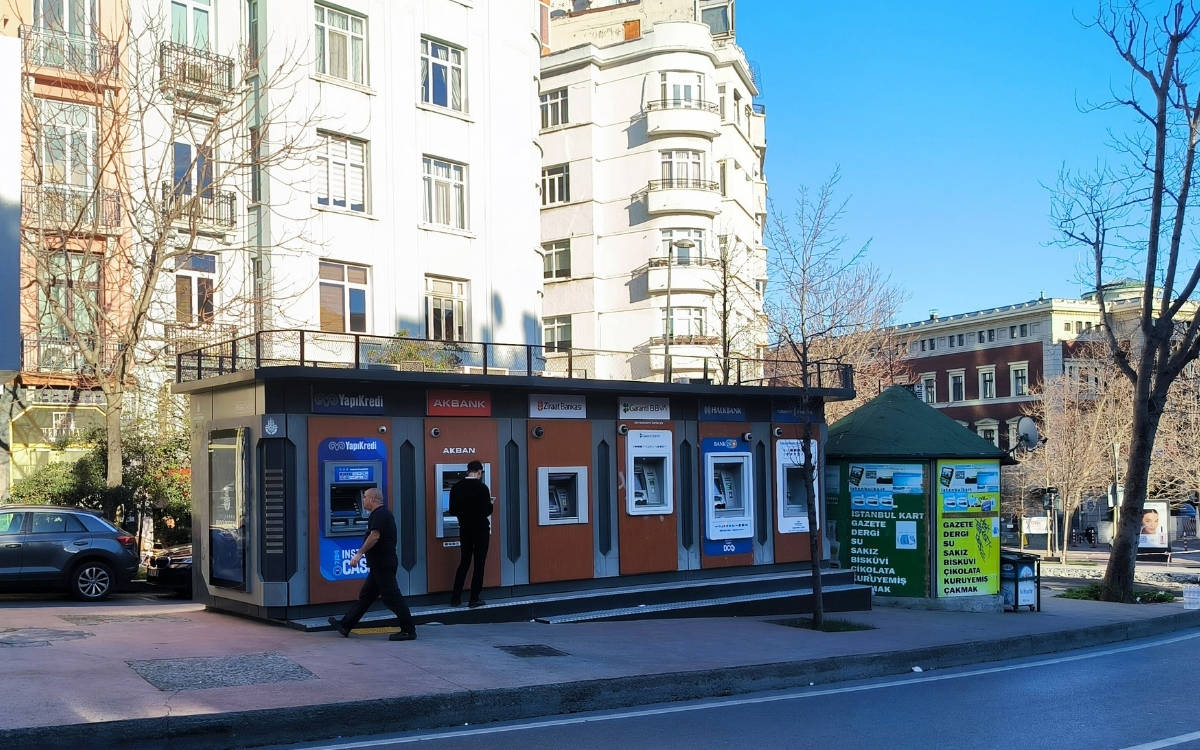Electricity consumption of ATMs in Turkey surpassed the consumption in four cities


The electricity consumption of automated teller machines (ATMs) in Turkey exceeds the annual consumption billed for each of the cities of Ardahan, Bayburt, Iğdır, and Dersim; and it is equivalent to 1/40th of the electricity consumed by Antalya, one of Turkey's most electricity-consuming cities.
A recent study published by the Ekosfer Association highlights that a significant amount of electricity could be saved by transitioning to shared and commission-free ATMs.
In Turkey, where the number of ATMs has reached 52,682, these machines consume an average of 12 kilowatt-hours of electricity per day.
"Impact on environment and economy goes beyond the electricity bill"
Özgür Gürbüz, the Campaigns Director of the Ekosfer Association, evaluated ATMs found in city squares and streets, many of which are idle, in terms of urbanization and energy consumption. Emphasizing the potential for significant electricity savings by transitioning to shared ATMs without commissions, Gürbüz stated:
"The issue is not only about electricity consumption. Almost all of these devices are imported, and each ATM has many components that require maintenance and repair, such as alarms, air conditioning, power supply, screen, and printer. They need to be regularly visited for cash deposit and withdrawal, leading to fuel waste. In this study, we only calculated how much electricity the machines consume. Their impact on the environment and the economy goes beyond just the electricity bill."
Highlighting the decrease in the number of ATMs in countries where shared ATMs, mobile banking, and credit cards are prevalent, Gürbüz pointed out that in the United Kingdom, the number of ATMs has fallen from 70,000 to below 50,000 in eight years.
Suggesting more efficient use of the over 2 million POS machines in Turkey, Gürbüz continued his remarks:
"Especially for those making card payments after shopping in large supermarkets, if they are given the chance to withdraw a limited amount of cash and add it to the card transaction, the need for ATMs would further decrease."
Gürbüz mentioned that spaces allocated for ATMs could be utilized for the benefit of the community, possibly for greening initiatives. He emphasized that by halving the number of ATMs, we could save 115 million kWh of electricity and stated, "By conserving energy, we protect the climate and can reduce our dependence on imported products." (TY/PE)



